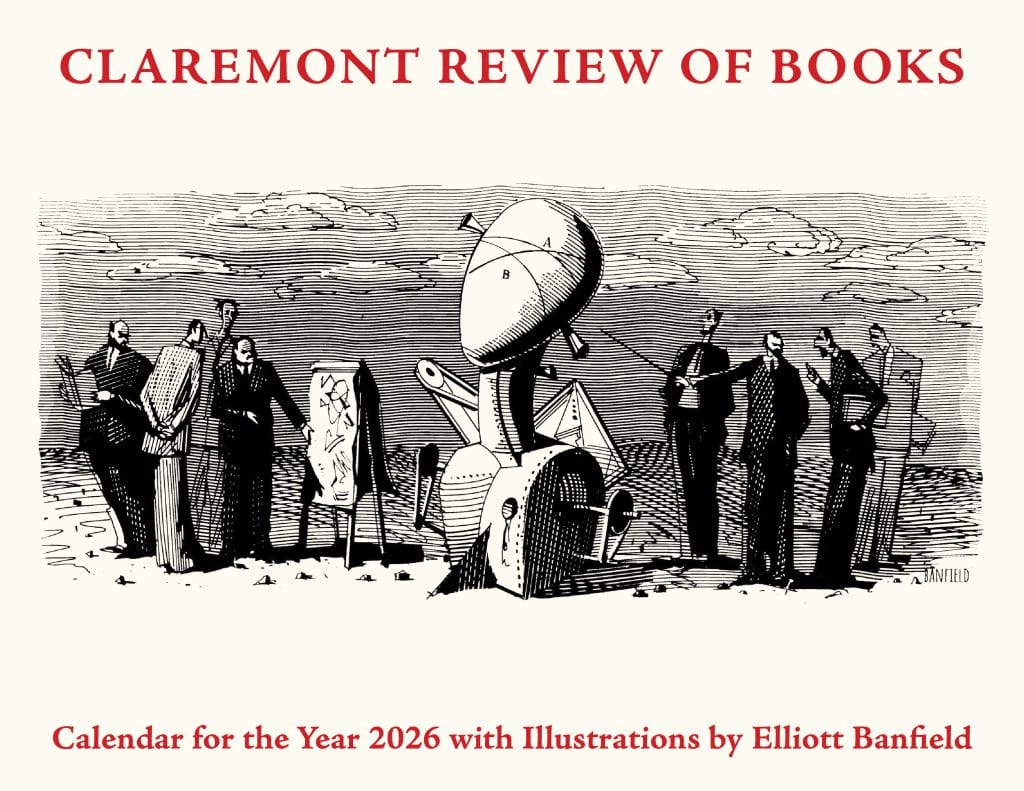Books Reviewed
The United States federal courts exercise vast discretionary authority from a position of almost complete independence. The debates triggered by the two recent Supreme Court nominations underscore this truth. High on the list of reasons why elections matter is that the people can influence the courts only by selecting the president who will nominate judges, and the senators who will confirm them.
The courts have the final say over hot-button political issues like abortion and the death penalty. But almost as important is the large discretion with which bureaucratic agencies operate today. The Environmental Protection Agency, for example, influences the day-to-day meaning of property rights, the Food and Drug Administration decides on the legality of the “morning-after” or abortion pill, and the Federal Election Commission tells us what, concretely, free speech means. Politicians who must face the voters in even-numbered years are often more than willing to let life-tenured judges and bureaucrats make hard decisions about such controversial issues.
It’s clear that the original design of our Constitution did not allow for essentially legislative authority to be exercised by officials who are not elected legislators. As CRB readers know better than most Americans, the Progressive movement played the decisive role in the long journey from






